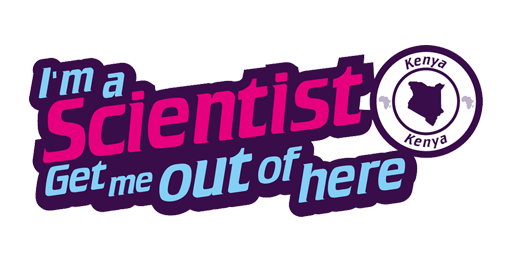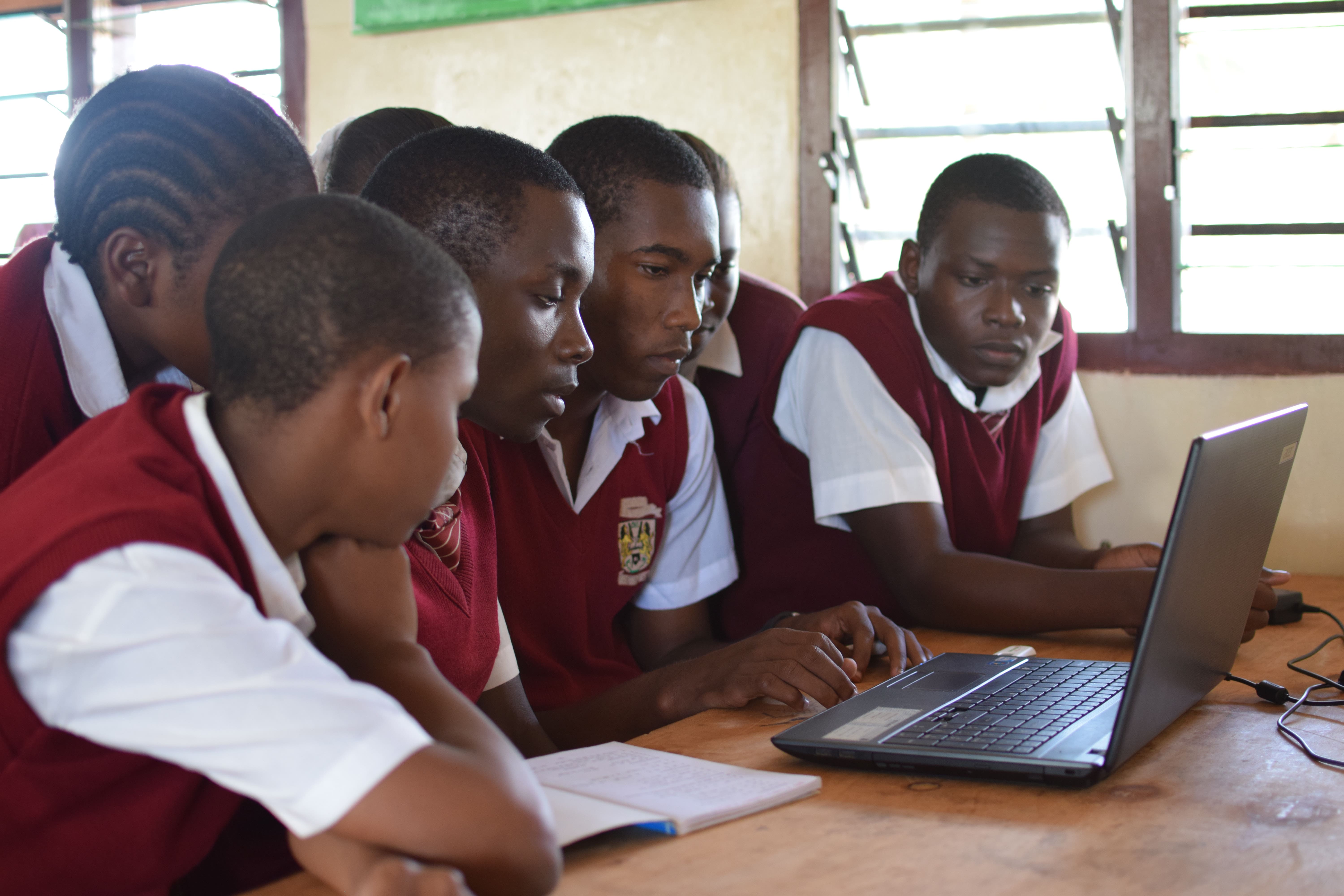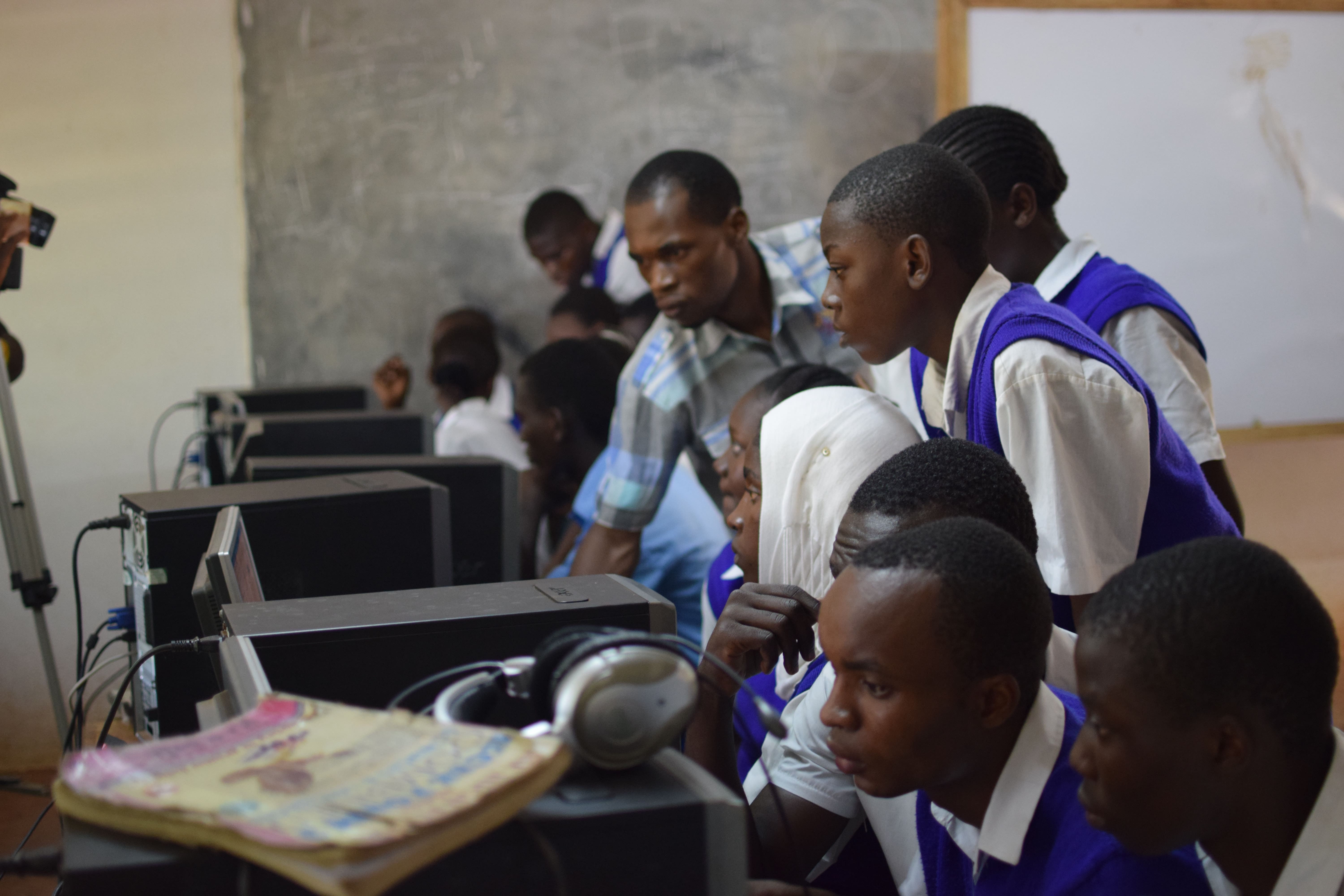For many school students science is a bunch of facts and formulas created years ago by dead white men: Darwin, Faraday, Volta, Newton, Pascal.
Evidence, such as in the Science Capital work from UCL, shows that students who see science as personally relatable, and whose opinions count are more likely to feel science ‘is for them’. They are more likely to want to study science and use science ideas in their lives.
Their life chances are improved through career opportunities and they’ll make better decisions including health related decisions based on science and evidence.
I’m a Scientist, Get me out of here is an online, student-led STEM engagement activity that has been running in the UK since 2008. Students log in, read six scientist’s profiles, ask them questions, take part in text based live chats and vote for the one they to win a cash prize. Independent evaluation has shown how it supports students’ science capital particularly for those who don’t already see themselves as scientists.
I'm a Scientist, Get me out of here! in Kenya
In 2014 the Wellcome Trust offered the chance to see if the format would work in other countries. The KEMRI | Wellcome Trust Research Programme already had an established Schools Engagement Programme, but one of the challenges of the popular programme was the time it took to get to rural schools.
I’m a Scientist Kenya solves that problem and introduces students to a range of local scientists. Expanding the programme to Nairobi, Nakuru and Kisumu, all very distant from the KEMRI-WT Kilifi base, gave students in those areas the same opportunities as the students in the schools close to the well resourced research facility. The I’m a Scientist Kenya: 2014–17 Evaluation Report is available HERE.
Advantages to Online Engagement
Online schools engagement might not seem like an obvious solution in areas where internet connections are patchy and expensive, but there were advantages in addition to overcoming the geographical barrier.
Online engagement allows the students to engage with a range of scientists. That increases the chance of them finding something in common and making a ‘connection’. Online engagement makes the students more confident to ask the questions that are important to them. That could be sexual health, nutrition or the origins of the universe. They feel empowered to ask what is important to them and not just what they think their teacher wants them to ask.
Online engagement is easier to scale up. Engaging 100 schools is almost as easy as engaging with 10.
Find out more: https://imascientist.or.ke/
This work is licensed under a Creative Commons Attribution 4.0 International License





Please Sign in (or Register) to view further.